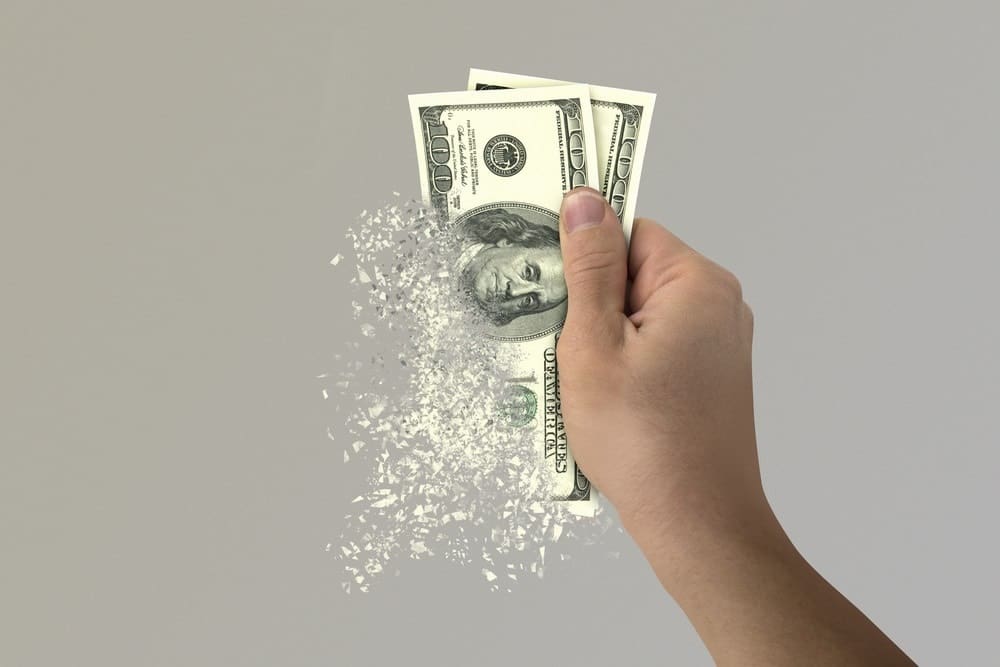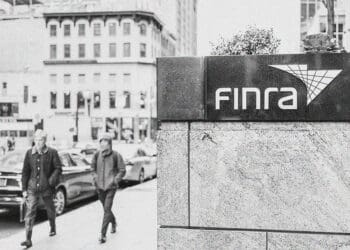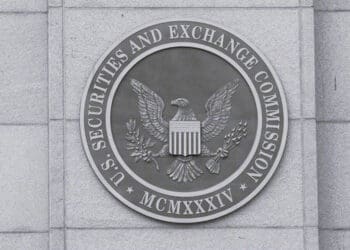The SEC is considering a rule change that would effectively introduce a floor and a ceiling for whistleblower awards. As Phillips & Cohen Partner Sean McKessy explains, they seem to be instating a solution to a nonexistent problem.
The U.S. Securities and Exchange Commission has long hailed its whistleblower program as a success, with the former SEC chair, Mary Jo White, calling it a “game changer” in enforcement and current Chairman Jay Clayton saying “the strength of our whistleblower program is a critical component in our investor protection toolbox.”
So it makes no sense for the SEC to adopt certain proposed rules (PDF: 837 KB) that would inject into the program uncertainty for whistleblowers and discourage those with detailed knowledge of massive fraud from stepping forward. Yet that’s what the SEC is considering doing by arbitrarily cutting awards for the most valuable whistleblowers to less than what they should be entitled to under the statute and current rules.
Rewards are a major reason for the SEC whistleblower program’s success. They have ranged from $50,000 to $50 million.
Under the Dodd-Frank Act, which Congress enacted in 2010, the SEC is required to award whistleblowers 10 percent to 30 percent of the monetary sanctions imposed as a result of the whistleblower’s assistance.
The statute says the SEC should consider certain factors when deciding awards, such as the value of the whistleblower’s information and the whistleblower’s cooperation with the SEC. Nowhere does the law indicate that the SEC should take into account the size of the recovery or the potential size of the award when determining whistleblower rewards.
One of the proposed rules under consideration, however, would allow the SEC to do that. The rule, part of a package of amendments the SEC proposed last June, would in effect create a ceiling and a floor for whistleblower awards.
The proposed rule – contrary to the statutory intent – would divide whistleblowers into three groups, each treated differently:
- Whistleblowers who help the SEC bring cases worth more than $1 million but less than $100 million would be treated as the statute intended, with eligible claimants being granted an award based on the factors listed in the statute and the SEC’s rules.
- Whistleblowers who help the SEC bring a case with sanctions of exactly $100 million automatically would get the maximum award of 30 percent, which would be $30 million in those cases, without consideration of any factors. However, Dodd-Frank does not indicate in any way that the SEC should guarantee a maximum award of 30 percent based solely on the happenstance that the case’s monetary sanctions equaled $100 million.
- Whistleblowers who help the SEC bring cases against the most egregious offenders with monetary sanctions exceeding $100 million would see their awards cut – most likely to the statutory minimum of 10 percent. The proposed rules would reduce the award percentage to these “gold-star” whistleblowers, who provide information to the SEC about the biggest and most egregious fraud cases. The award would be based on what the commission deems “reasonably appropriate” to compensate a whistleblower rather than the factors listed in the statute – without any explanation of what factors are considered in deciding what’s “reasonably appropriate.”
While not saying so explicitly, the proposed rule uses $30 million as a floor for gold-star whistleblower awards. The message for them is that 10 percent of the monetary sanctions should be enough when that amount is over $30 million, no matter how valuable those whistleblowers’ information and assistance were.
Such logic would not convince high-level insiders to risk their careers and executive compensation to expose large-scale fraud, knowing they would be treated worse than those who expose smaller fraud by being awarded a smaller percentage. The opportunity to incentivize someone to stop the next Enron before the company collapses would be lost.
The SEC rationalizes the proposed changes to that rule by claiming they would safeguard taxpayer money that could be used for other purposes. However, no taxpayer money goes into the fund used to pay whistleblower awards.
The law specifies that the whistleblower reward money should come out of an investor protection fund that is financed entirely through monetary sanctions paid to the SEC by securities law violators, so that awards don’t affect the amounts paid to harmed investors.
The proposed rule to limit SEC whistleblower awards is a misguided effort that could damage the program. It seems to be a “solution” for a nonexistent problem. The SEC’s own data shows that less than 5 percent of all of the individuals paid whistleblower awards have received over $30 million. And it’s the big awards that inspire other whistleblowers to step forward and help balance the risks they take.
Thousands of people report information about securities law violations through the SEC whistleblower program every year. Investors and markets benefit from the transparency that whistleblowers provide and the assistance they give to SEC enforcement. More than $1.7 billion in monetary sanctions have been ordered in SEC whistleblower cases, with nearly $1 billion returned to harmed investors thanks to the efforts of whistleblowers. Let’s not mess with success.
This article has also been posted at the Compliance & Enforcement blog sponsored by NYU Law’s Program on Corporate Compliance and Enforcement.













